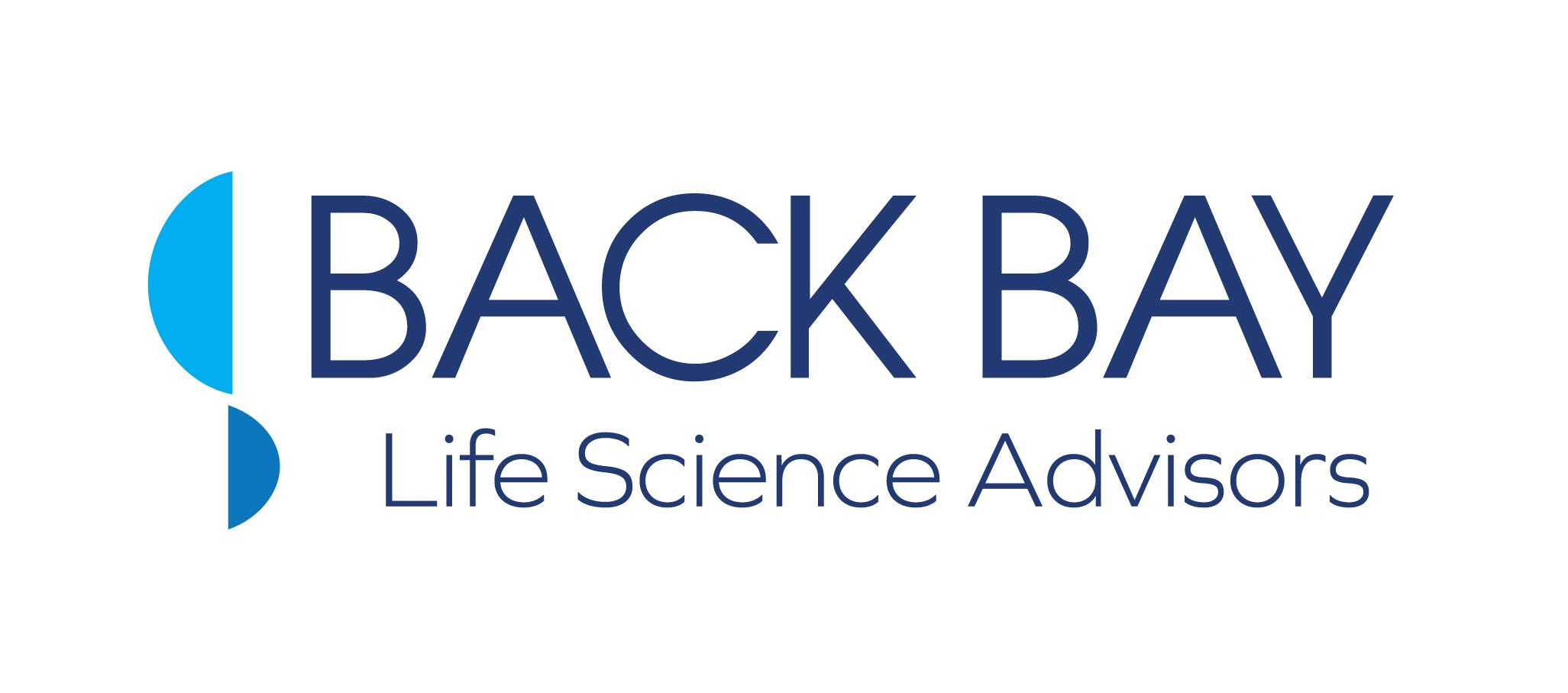Market Volatility: Implications for Life Science Deal-Making
By Greg Benning, Managing Director, Head of Investment Banking, Back Bay Life Science Advisors
Economic shocks, elections, geopolitical events, oil price wars, COVID-19, and the impact of public health issues on travel and markets, have jarred the record-setting ten-year equities bull market into a period of gut-wrenching volatility and price corrections.
Pick your issue. They probably won’t go away any time soon.
For drug developers, funding and spending cycles are driven by data and de-risking. Yet, life science deal-making and financing navigate between large pharma external growth and R&D budgets and the $150 trillion global capital markets, where volatility still has significant implications for M&A and Partnering, Public Equity Financing, and Venture Investing.
Extreme market uncertainty shuts the IPO window, but where does volatility materialize in Licensing, M&A and Partnering discussions, and investment decisions? How can deal structures be opportunistically adapted?
First and foremost, dealmakers are people. People react to opportunities, threats, and market gyrations, both rationally and viscerally. CEOs watch their share prices closely. Volatility over many market cycles has generally caused boards of directors to pause and understand the risks involved. This tends to have a bigger effect on larger M&A deals involving stock, but also shows up in smaller structured transactions in terms of giving and getting proper credit for early-stage de-risking. It is especially important to appreciate circumstances during periods of increased volatility.
Increased risk perceptions also tend to slow exploratory conversations and diligence logistically. This time around, increasing numbers of no-fly policies related to COVID-19 compounds the issue. Interestingly, for a bit of optimism, we are beginning to see Chinese pharma professionals who have told to stay home as a part of disease containment start to take fuller advantage of online search and evaluation.
Conversely, in the US, where the virus is in earlier stages, we see law firms publishing articles about how to more carefully negotiate MAC clauses as the global economic impact of COVID-19 unfolds. Our investment banking team cautions that this has more to do with economically sensitive business models than with development-stage biotech or commercial-stage life science companies.
From Back Bay’s perspective, the most critical consideration continues to be maintaining the focus of deal-team working groups on science and clinical needs, confirming strategic fit, and resolving open diligence issues.
We believe it is also important to begin discussions around views on clinical de-risking, market launch, timing, and specific counterparty sensitivities before valuation and deal structure. We also think it is important to flesh out business points and basic contractual terms in summary, written form before lawyers begin drafting. This is consistent with one of our ongoing negotiations, where not agreeing to not disagree on valuation pending positive results in incremental near-term data will then enable full agreement on the structure that is consistent with intrinsic value.
During this time of market upheaval:
Keep conversations moving along
De-risk, agree and collaborate wherever possible
Do everything to avoid triggering unnecessary threat responses in an otherwise interested counterparty
And, with soft agreement on valuation and type of transaction, work to progress discussions to the point where the only open issues are price and structure.

